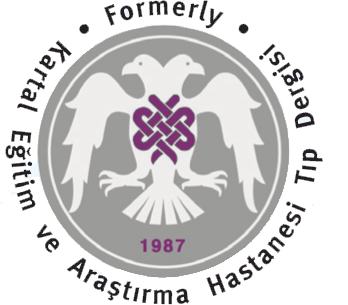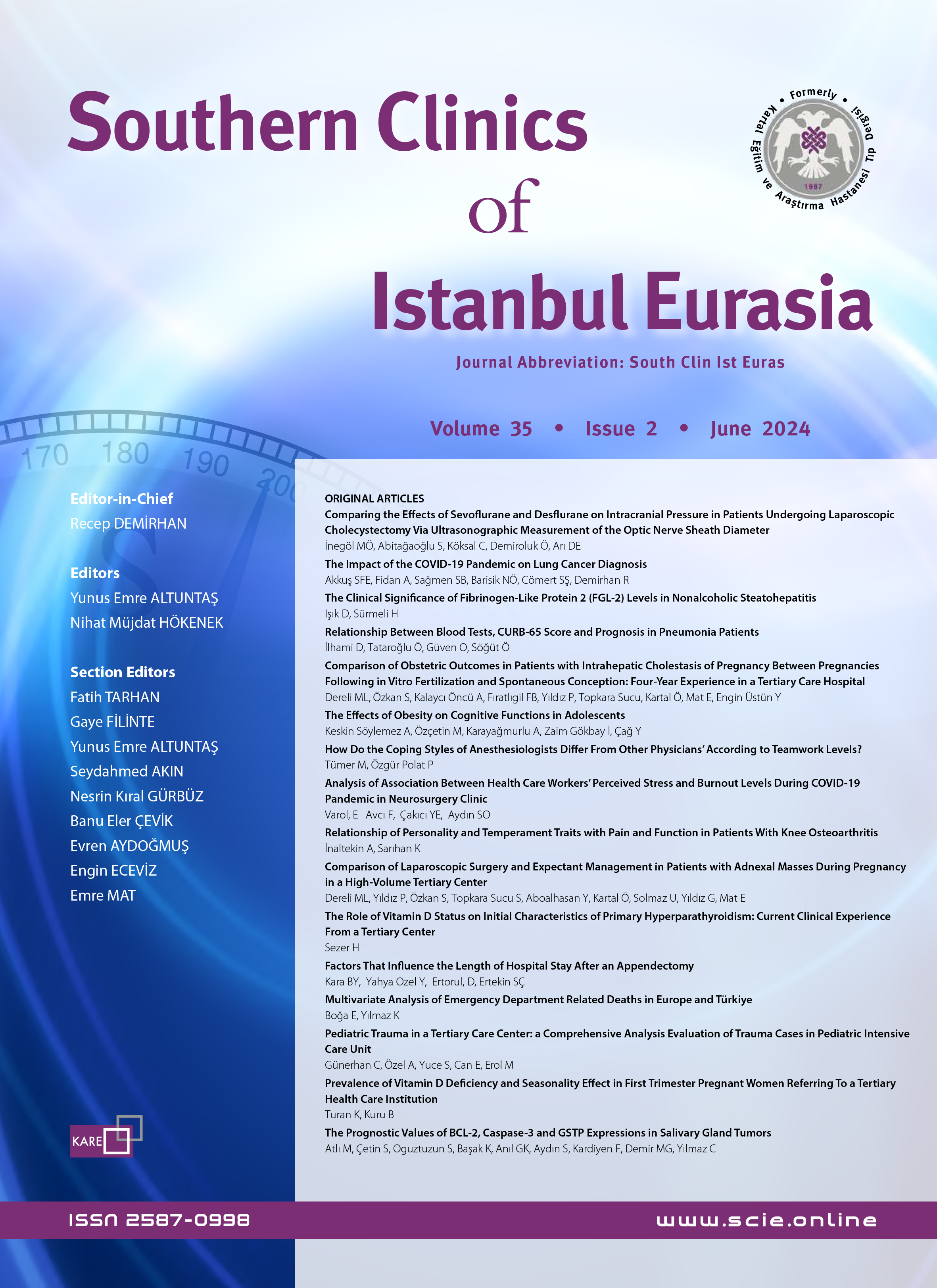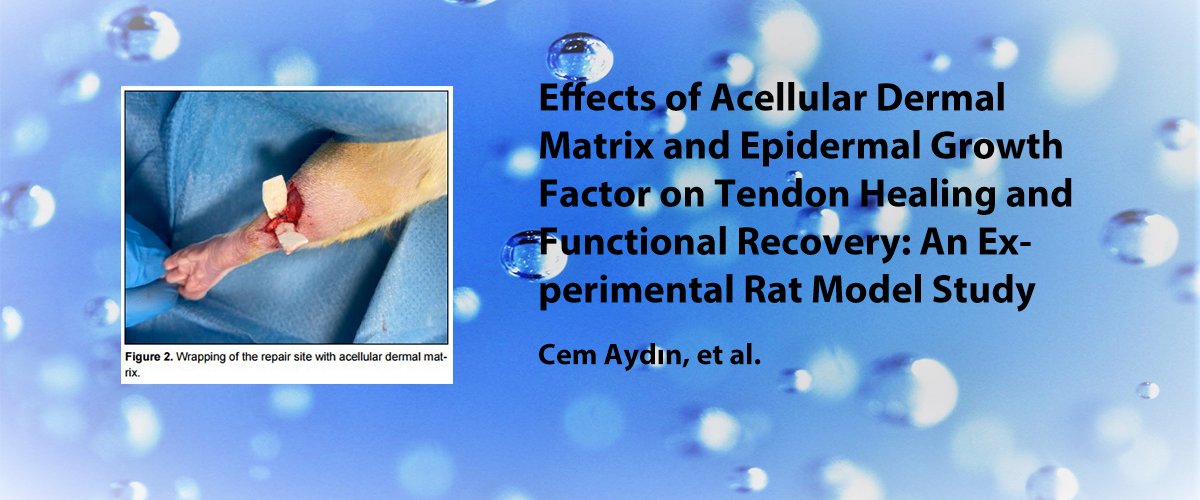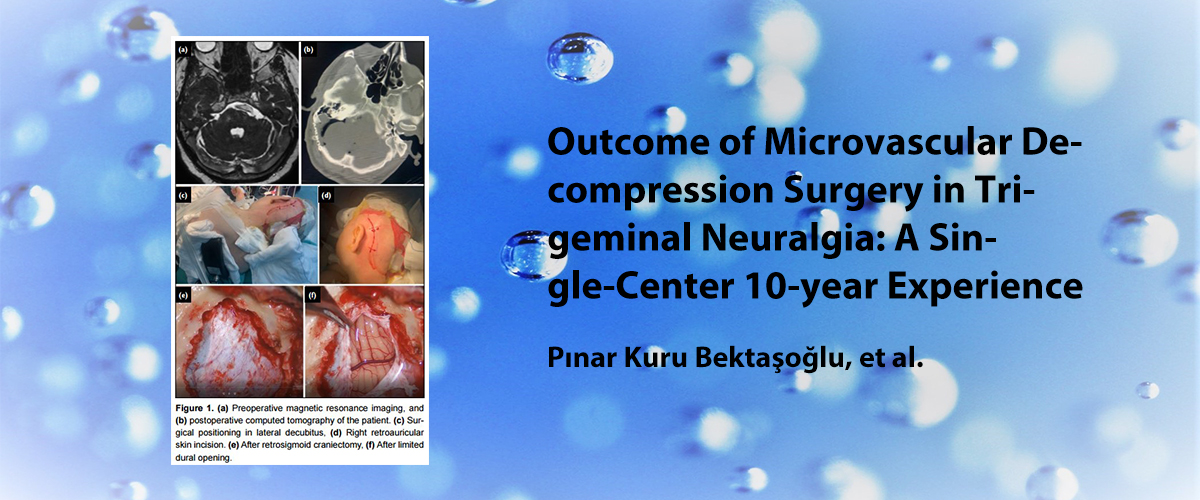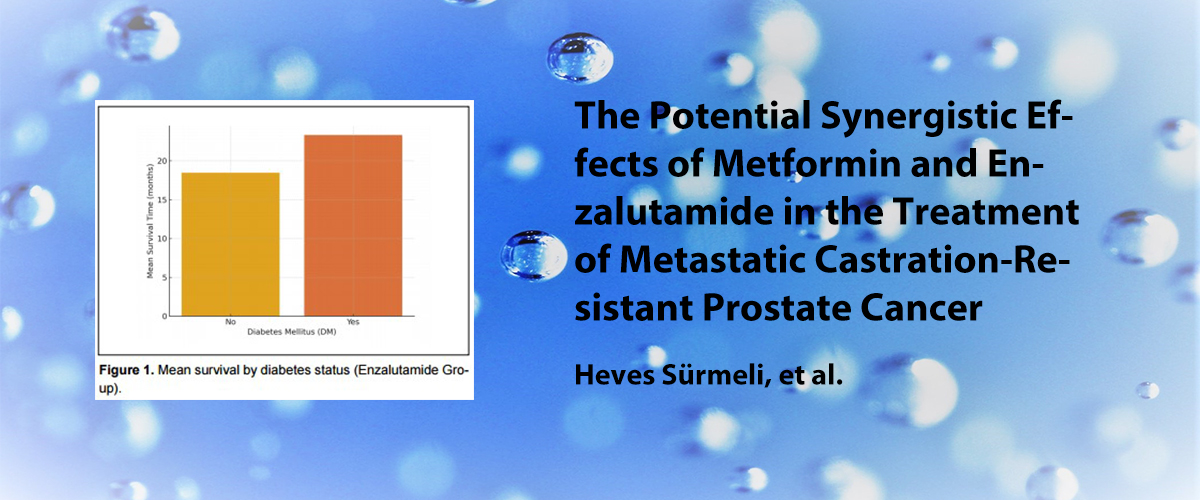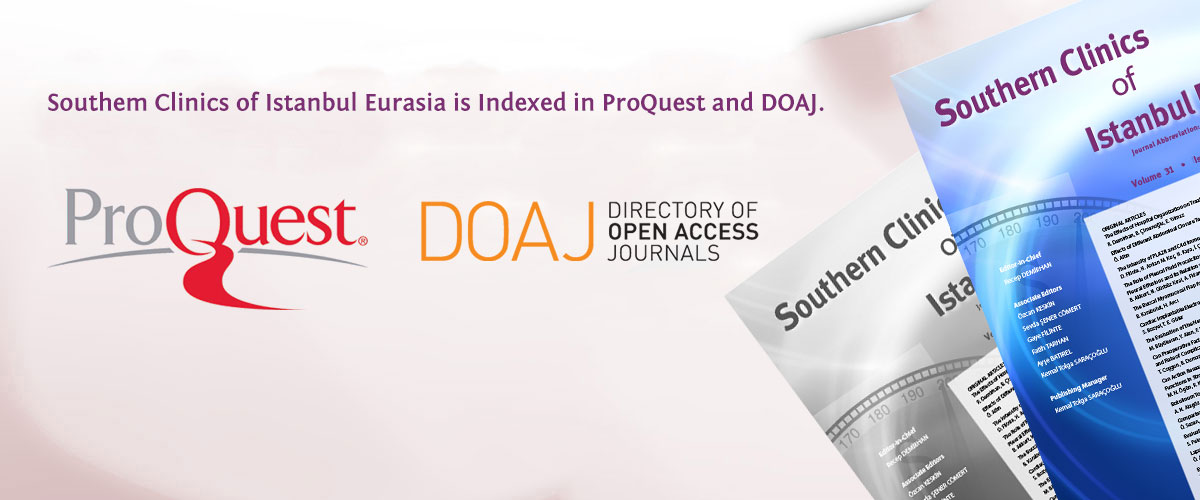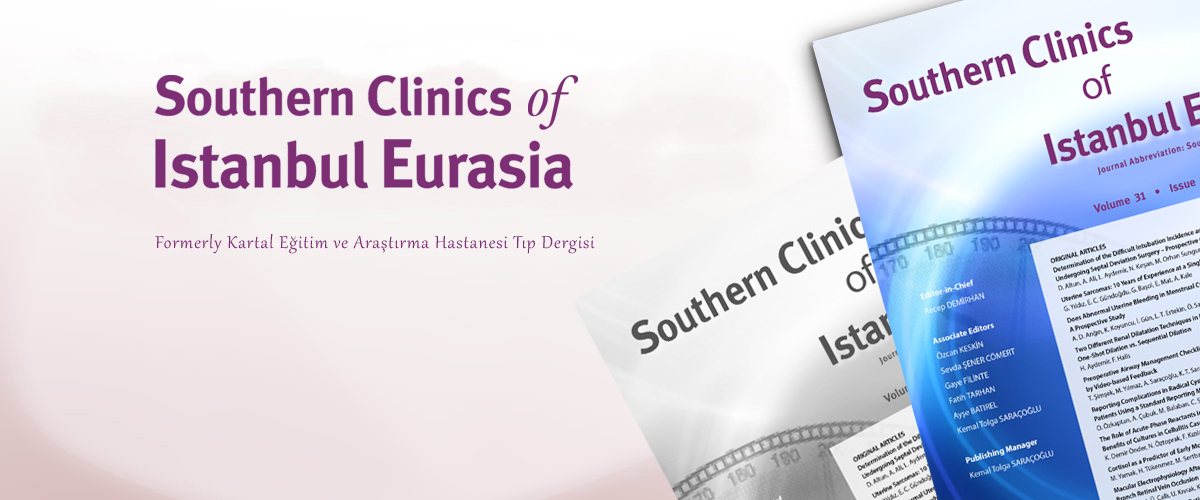ISSN : 2587-0998
Kraniyosinostoz Ameliyatı Geçiren Pediatrik Hasta Popülasyonunda Eritrosit Süspansiyonlarının Artan Depolama Süresinin Hasta Sonuçları Üzerindeki Etkileri
Ayten Saraçoğlu1, Gamze Cabakli2, Gül Çakmak2, Can Kıvrak3, Canan Eren4, Tumay Umuroglu212
3
4
GİRİŞ ve AMAÇ: Kraniyosinositoz cerrahisi sırasında geniş insizyon alanının yol açtığı kanama nedeniyle gereken kan transfüzyonu, kanın oksijen taşıma kapasitesinin devamlılığını sağlamak için gerekli olmakla beraber, önemli riskleri bulunmaktadır. Günümüzde kan ve kan ürünlerinin depolama süresiyle değişen içeriğine bağlı gelişen ciddi komplikasyonların postoperatif dönemde hasta sonuçlarını etkileyebileceği de düşünülmektedir. Bu çalışmadaki amacımız, kraniyosinositoz cerrahisi geçirmiş olan pediyatrik hasta grubunda eritrosit süspansiyonunun depolama süresinin postoperatif dönemde hasta sonuçları üzerine etkisini belirlemektir.
YÖNTEM ve GEREÇLER: Retrospektif olarak planlanan çalışmamıza, hastane bilgi sistemi ve anestezi izlem kayıtlarından verileri alınarak 2018-2021 yılları arasında kraniyosinositoz cerrahisi geçirmiş olan 2-24 aylık 56 hasta alındı. Hastalar verilen eritrosit süspansiyonu (ES) ve taze donmuş plazmanın (TDP) depolama süresine göre (donörden alındığı gün ile hastalara transfüze edildiği gün arası süre) 10 günün altında olan ve 10 günün üzerinde olan şeklinde gruplara ayrıldı. Hastaların demografik verileri, ortalama arteryel kan basıncı, vücut sıcaklığı, hemoglobin (Hb), INR, trombosit (PLT) değerleri, intraoperatif kanama, transfüzyonu miktarı, verilen kristalloid ve kolloid sıvı miktarı, operasyon süresi, anestezi süresi, komplikasyonlar, postoperatif yoğun bakımda (YBÜ) kalış süresi, drenaj ile verilen transfüzyon miktarı ve hastanede kalış süresi kaydedildi.
BULGULAR: Hastaların ortalama yaşı 8.27+6.294 ay idi. İntraoperatif dönemde kullanılan ESlerin depolama süresi, ES ve kristalloid miktarı ile postoperatif drenaj arasında pozitif korelasyon saptanmıştır. İntraoperatif TDP transfüzyonu ile YBÜde ölçülen Hb değerlerinin değişimi ve intraoperatif ES transfüzyonu ile YBÜ çıkış PLT değerleri arasında negatif yönlü korelasyon saptandı (p<0.05).
TARTIŞMA ve SONUÇ: Çalışmamızın sonuçlarına göre ES ve TDPlerin depolama süresindeki kısalmanın postoperatif drenaj üzerine olumlu etkisi olabileceği kanısına varıldı. Ancak hastane ve YBÜde kalış üzerine bir etkisinin varlığı gösterilememesi daha büyük ölçekli çalışmalara ihtiyaç olduğunu düşündürmüştür.
Effects of Increased Storage Period of Erythrocyte Suspensions on Patient Outcomes in Pediatric Patient Population Undergoing Craniosynostosis Surgery
Ayten Saraçoğlu1, Gamze Cabakli2, Gül Çakmak2, Can Kıvrak3, Canan Eren4, Tumay Umuroglu21Department of Anesthesiology, Aisha Bint Hamad Al Attiyah Hospital HMC, ICU & Perioperative Medicine Doha, Qatar2Department of Anesthesiology and Reanimation, Marmara University Pendik Training and Research Hospital, Istanbul, Türkiye
3Department of Neurosurgery, Marmara University Pendik Training and Research Hospital, Istanbul, Türkiye
4Marmara University Pendik Training and Research Hospital, Blood Center, Istanbul, Türkiye
INTRODUCTION: Although the blood transfusion required due to bleeding caused by the large incision area during craniosynostosis surgery is necessary to maintain the oxygen-carrying capacity of the blood, it carries significant risks. Our aim in this study is to determine the effect of the storage period of erythrocyte suspensions (ESs) on patient outcomes in the postoperative period in a pediatric patient group who underwent craniosynostosis surgery.
METHODS: Fifty-six patients aged 2-24 months who had undergone craniosynostosis sur-gery between 2018 and 2021 were included in our retrospective study. The patients were divided into two groups according to whether the storage time of the given ES and fresh frozen plasma (FFP) (time elapsed from the day it was received from the donor to the day it was transfused into the patients) was less or more than 10 days. Demographic data of the patients, mean arterial blood pressure, body temperature, hemoglobin (Hb), INR, platelet (plt) values, intraoperative bleeding, amount of transfusion, amount of crystalloid and colloid fluid administered, duration of operation, duration of anesthesia, complications, duration of stay in the postoperative intensive care unit (ICU), amount of transfusion given by drainage, and length of hospital stay were recorded.
RESULTS: The mean age of the patients was 8.27±6.294 months. A positive correlation was found between the storage time of ESs used in the intraoperative period, ES and crystalloid amount, and postoperative drainage. A negative correlation was found between intraopera-tive FFP transfusion and the change in Hb values measured in the ICU, and between intraop-erative ES transfusion and plt values on ICU discharge (p<0.05).
DISCUSSION AND CONCLUSION: Our study concluded that the shortening of the storage time of ESs and FFPs may have a positive effect on postoperative drainage. However, since it was found to have no effect on hospital and ICU stay, it is thought that larger-scale studies are needed.
Makale Dili: İngilizce

